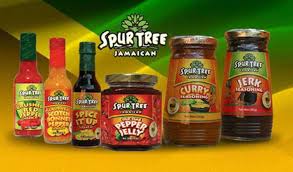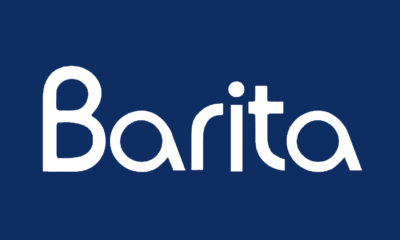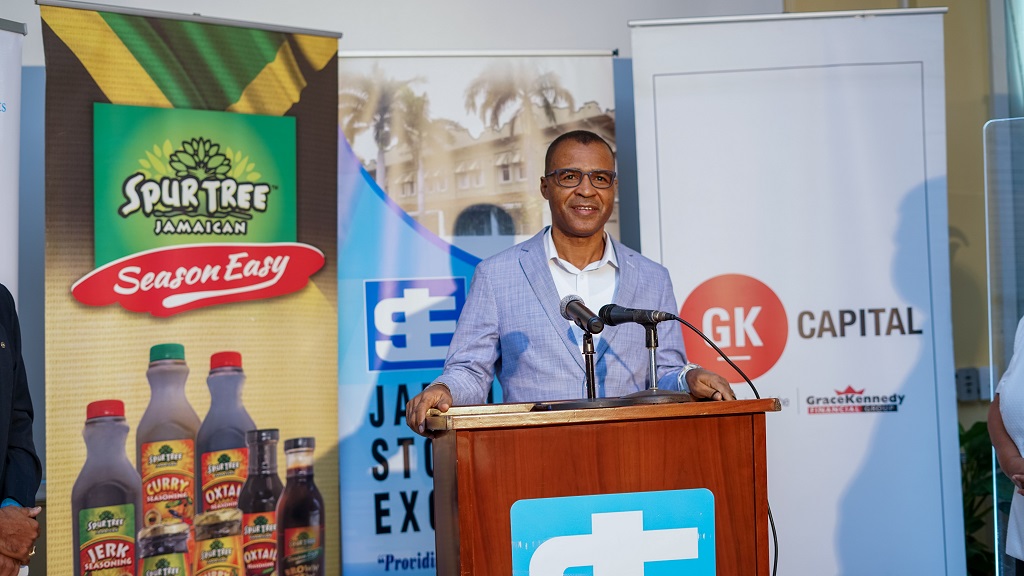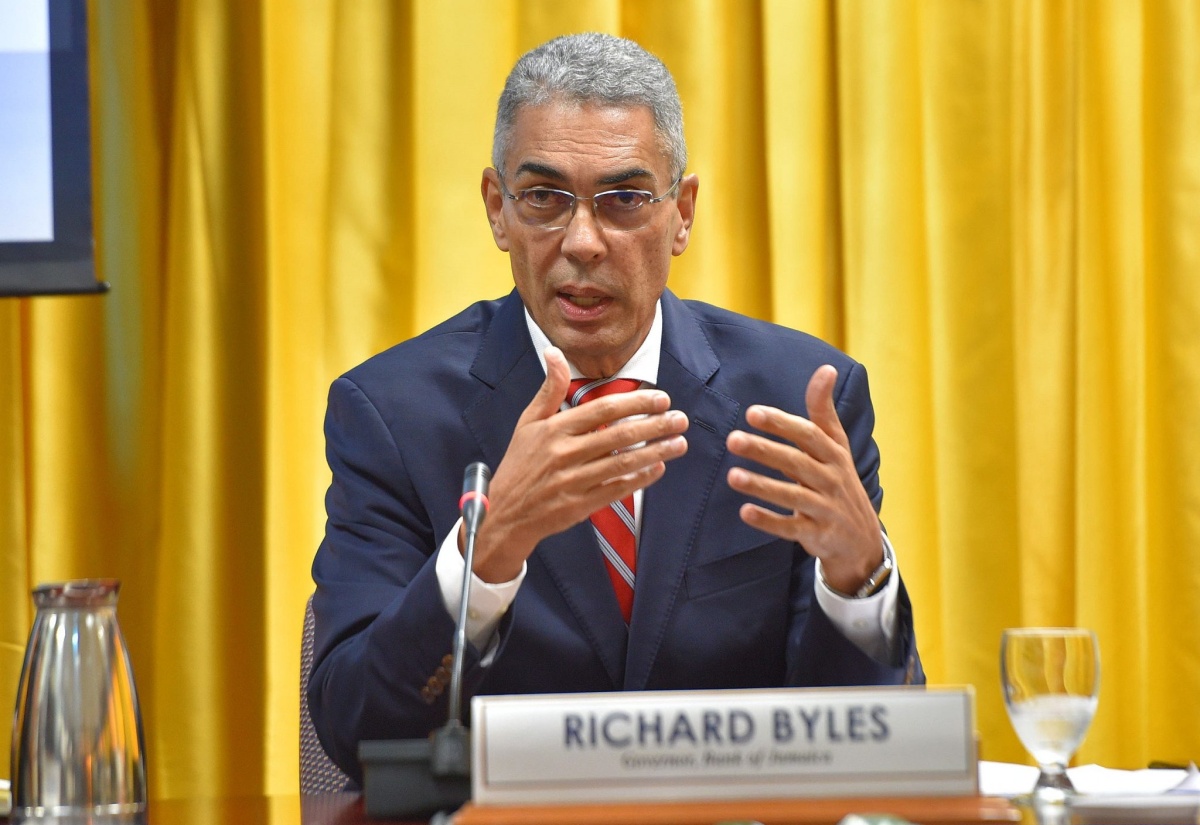Albert Bailey Chief Executive Officer Has Released The Following Report On The Financial Performance Of Spur Tree Spices Jamaica Limited For The First Quarter Ended March 31, 2025, Including The Presentation Of Unaudited Financial Statements Prepared In Accordance With International Financial Reporting Standards
 The Company’s overall results for the first quarter were shaped by several ongoing challenges in the agro-processing sector. These challenges disproportionately impacted the subsidiaries. However, amidst these challenges, there were many positive indicators, including continued double-digit revenue growth in the traditional seasonings and sauces segment of the business. While profit performance for the quarter declined compared to the corresponding period for 2024, the company remains on track for a successful year. In the coming months, all indicators point to the normalisation of key raw material supply, including ackee. These factors, combined with expected growth from new product segments and continued expansion of traditional product categories, put the company on a firm path to continued success.
The Company’s overall results for the first quarter were shaped by several ongoing challenges in the agro-processing sector. These challenges disproportionately impacted the subsidiaries. However, amidst these challenges, there were many positive indicators, including continued double-digit revenue growth in the traditional seasonings and sauces segment of the business. While profit performance for the quarter declined compared to the corresponding period for 2024, the company remains on track for a successful year. In the coming months, all indicators point to the normalisation of key raw material supply, including ackee. These factors, combined with expected growth from new product segments and continued expansion of traditional product categories, put the company on a firm path to continued success.
Consolidated revenue for the first quarter totalled J$336.39 million, compared to J$394.49 million in the corresponding period 2024, representing a 17.3% decline. This was primarily due to continued constraints in the supply of ackee, a key raw material for the Company’s subsidiaries. Despite this challenge, the Company recorded notable growth in several categories, including seasonings, sauces, and dried products, supported by expanded distribution in local and export markets, strong consumer demand, and the successful launch of new product lines.
Cost of Sales for the period amounted to J$245.86 million, or 73.09% of revenue, compared to J$287.62 million (72.91%) in Q1 2024. The slight increase in the cost-to-revenue ratio reflects the shift in product mix, as the Company adjusted production output to include a higher proportion of lower-margin items in response to the limited availability of ackee. Though not ideal, these measures enabled the business to sustain production and meet customer demand amidst raw material constraints.
Gross Profit for the quarter was J$90.53 million, down from J$106.86 million in the corresponding period of the previous year, a 15.3% decline. This was driven by the revenue reduction and a greater contribution from lower-margin substitute products produced during the ackee shortfall.
Nonetheless, the Company remains optimistic about the recovery of gross margins in the coming quarters. Continued rollout of new and value-added products across core and subsidiary operations is expected to improve the overall margin profile. In addition, the gradual recovery of ackee supply, enabled by targeted investments in farming and expanded sourcing, is expected to restore availability and strengthen the Company’s higher-margin revenue base. Together with ongoing cost-efficiency measures, these strategic actions are anticipated to drive improved profitability as the year progresses.
Administrative Expenses for the quarter amounted to J$69.62 million, representing a 2.5% reduction compared to J$71.38 million in Q1 2024. This reflects the Company’s disciplined approach to cost management and operational efficiency while ensuring that critical support functions remain in place to advance strategic objectives.
Finance Costs rose to J$12.05 million, compared to J$9.54 million in the same period last year, an increase of 26.3%. This was primarily due to interest on an additional J$55 million loan secured to support Spur Tree’s farming operations. This investment is key to the Company’s broader strategy to stabilise raw material supply and ensure production continuity.
Net Profit attributable to the Company totalled J$12.00 million, down from J$28.18 million in Q1 2024, representing a 57.3% decline. The result was mainly impacted by the continued raw material shortages affecting subsidiary operations, which offset gains achieved through product expansion and cost containment elsewhere in the Company.
At the end of the reporting period, Cash and Cash Equivalents stood at $131.7 million, reflecting a 26% increase over the $104.4 million reported for the corresponding period in 2024. Total Assets increased to $1.68 billion, up from $1.56 billion, representing an 8% yearover-year improvement. Shareholders’ Equity also strengthened, rising by 9% to $1.03 billion compared to $948 million in the prior year.
Although the consolidated performance fell below expectations for the quarter, the Company remains confident in its long-term strategy. Investments in farming, supply chain resilience, and innovation are expected to yield increasing benefits in the quarters ahead, supporting recovery and future growth.
Outlook
The outlook for 2025 remains positive despite the temporary headwinds experienced in the first quarter. The Company continues to demonstrate resilience and growth in its core operations, with strong performance across established and new product categories, supported by increased market penetration locally and internationally.
The Company expects continued growth in the traditional product segments, supported by the rollout of new products, increased domestic sales through expanded retail penetration and stronger trade execution, and the scaling of its Amazon and e-commerce presence through optimised listings, targeted advertising, and improved fulfilment efficiency.
The Company’s subsidiaries are actively pursuing product diversification strategies to safeguard the ackee supply, which we expect to normalise in the coming months. The Company is also broadening its portfolio to include other complementary items. This will lead to a return to an overall profit position by the end of the year.
Investment in direct farming continues to be a cornerstone of the Company’s strategy. It enhances the availability of raw materials and strengthens supply chain resilience. These efforts are expected to increase value throughout the year, supporting operational stability and margin recovery.
With these initiatives firmly in motion, the Company is well-positioned to build momentum over the coming quarters. Management remains focused on delivering sustainable growth and creating long-term value for all stakeholders.
For More Information CLICK HERE



 Businessuite Markets4 weeks ago
Businessuite Markets4 weeks ago
 Businessuite News241 week ago
Businessuite News241 week ago
 Leadership Conversations4 weeks ago
Leadership Conversations4 weeks ago
 Businessuite News243 days ago
Businessuite News243 days ago
 Corporate Feature1 week ago
Corporate Feature1 week ago
 Businessuite News24 International1 week ago
Businessuite News24 International1 week ago
 Businessuite Women2 weeks ago
Businessuite Women2 weeks ago
 Business Insights4 weeks ago
Business Insights4 weeks ago









 The Company’s overall results for the first quarter were shaped by several ongoing challenges in the agro-processing sector. These challenges disproportionately impacted the subsidiaries. However, amidst these challenges, there were many positive indicators, including continued double-digit revenue growth in the traditional seasonings and sauces segment of the business. While profit performance for the quarter declined compared to the corresponding period for 2024, the company remains on track for a successful year. In the coming months, all indicators point to the normalisation of key raw material supply, including ackee. These factors, combined with expected growth from new product segments and continued expansion of traditional product categories, put the company on a firm path to continued success.
The Company’s overall results for the first quarter were shaped by several ongoing challenges in the agro-processing sector. These challenges disproportionately impacted the subsidiaries. However, amidst these challenges, there were many positive indicators, including continued double-digit revenue growth in the traditional seasonings and sauces segment of the business. While profit performance for the quarter declined compared to the corresponding period for 2024, the company remains on track for a successful year. In the coming months, all indicators point to the normalisation of key raw material supply, including ackee. These factors, combined with expected growth from new product segments and continued expansion of traditional product categories, put the company on a firm path to continued success.






